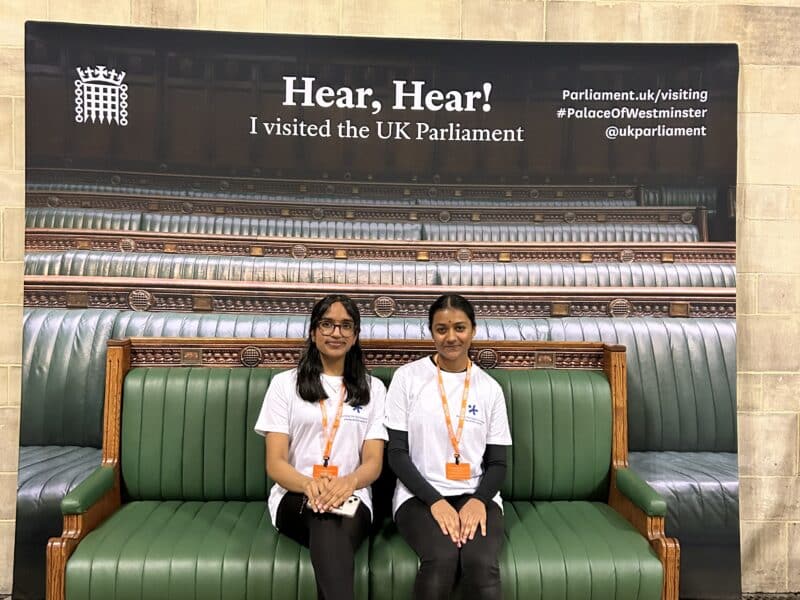Spain advances privacy-preserving solution for age verification
The Spanish Ministry of Digital Transformation on 1 July launched “technical specifications for age verification”, with an app allowing users to obtain tokens proving they are over 18 that can be used to access pornography sites.

“We welcome the commitment of the Spanish regulator to address this issue which is a critical component to ensure age-appropriate experiences for children online,” said 5Rights Executive Director Leanda Barrington-Leach. “It is positive that more stakeholders are working on practical solutions that are effective and rights-respecting. We hope this will contribute to the development of a robust regulatory framework for age assurance systems based on best practice as set out in the industry standard IEEE 2089-1.”
When age-assurance systems are in place, they should meet the following minimum standards:
- Adhere to data minimisation in order to be privacy-preserving, only collecting data that is necessary to identify the age, and age only, of a user
- Protect the privacy of users in line with GDPR and other data protection rules and obligations
- Be proportionate to the risk of harm arising from the service, or a feature of the service, and the purpose of the age assurance solution used
- Be easy for children to understand and consider their evolving capacities
- Be secure and prevent unauthorised disclosure or safety breaches
- Provide routes to challenge and redress if the age of a user is wrongly identified
- Be accessible and inclusive to all users, particularly those with protected characteristics
- Do not restrict children from services or information that they have a right to access
- Provide sufficient and meaningful information for a user to understand how the age assurance system works, in a format and language they can easily understand – including children
- Be effective in assuring the actual age, or age range, of a user
- Anticipate that users may not tell the truth, and do not rely solely on this information.
Effective age verification is a necessity for access to products and services that are legally restricted by age, such as pornography or gambling. Age assurance more broadly, including age estimation techniques, is an important starting point to provide age-appropriate experiences; it should not be used to shut children out, or instead of age-appropriate design of service. In many cases, making services safe for the youngest users is a preferable option that precludes the need for knowing age.
Recommended Reads

UK Government takes aim at manipulative digital design practices
The UK Government has announced new measures to strengthen online protections for children and young people, with a clear focus on tackling addictive and harmful digital design practices.

5Rights Youth Ambassadors give evidence to UK Parliamentarians on AI
5Rights Youth Ambassadors Eashaa and Niranjana, represented 5Rights at the UK Parliament this week, giving evidence to an inquiry of the All-Party Parliamentary Group (APPG) for Online Safety examining the impact of artificial intelligence on children.

Social media–style design is already in the classroom, new research finds
As Parliament debates banning children from social media, new research reveals that many of the same harmful design features are already embedded in the technology children use every day at school, raising concerns for children’s privacy, wellbeing and exposure to commercial exploitation in the classroom.

TikTok’s addictive design preliminarily found in breach of the Digital Services Act: a positive step towards protection of minors on online platforms
5Rights Foundation has been advocating for swift and robust enforcement of the DSA to protect minors online since its entry into force. The preliminary finding on TikTok addictive design is a long-awaited step to enforce European rules and finally deliver for children’s safety online.
